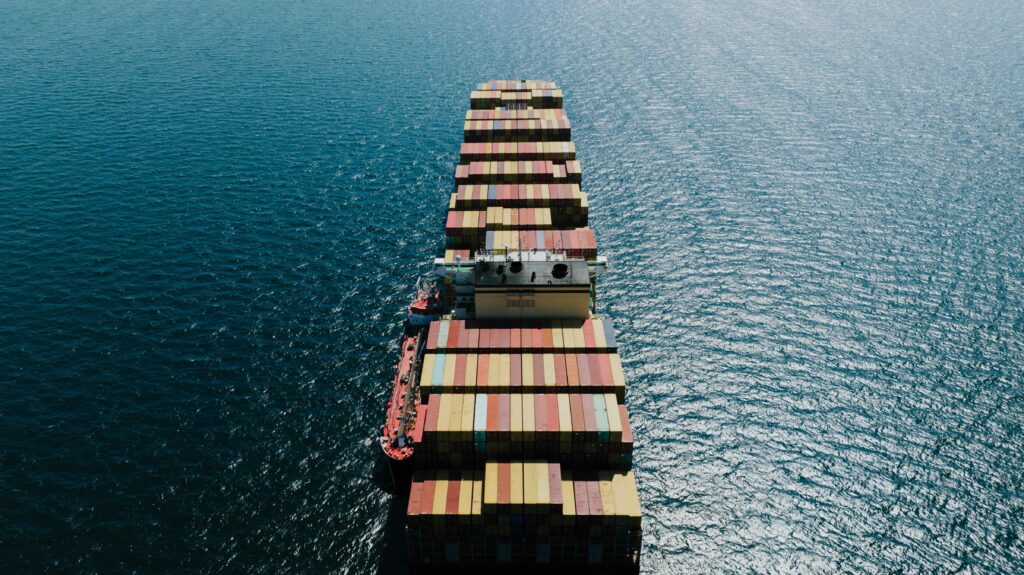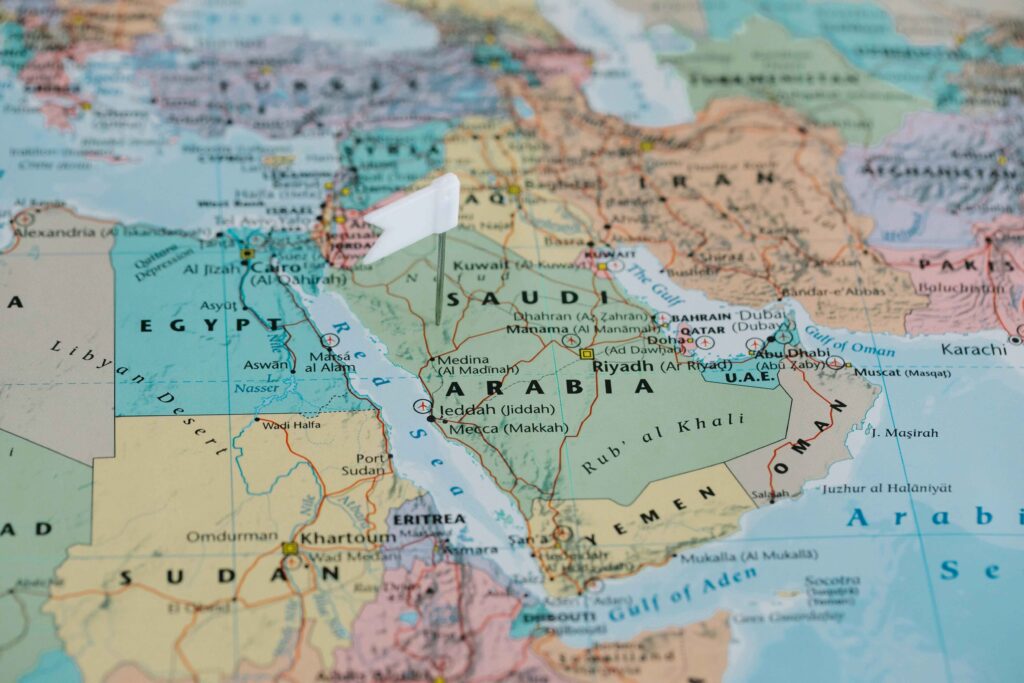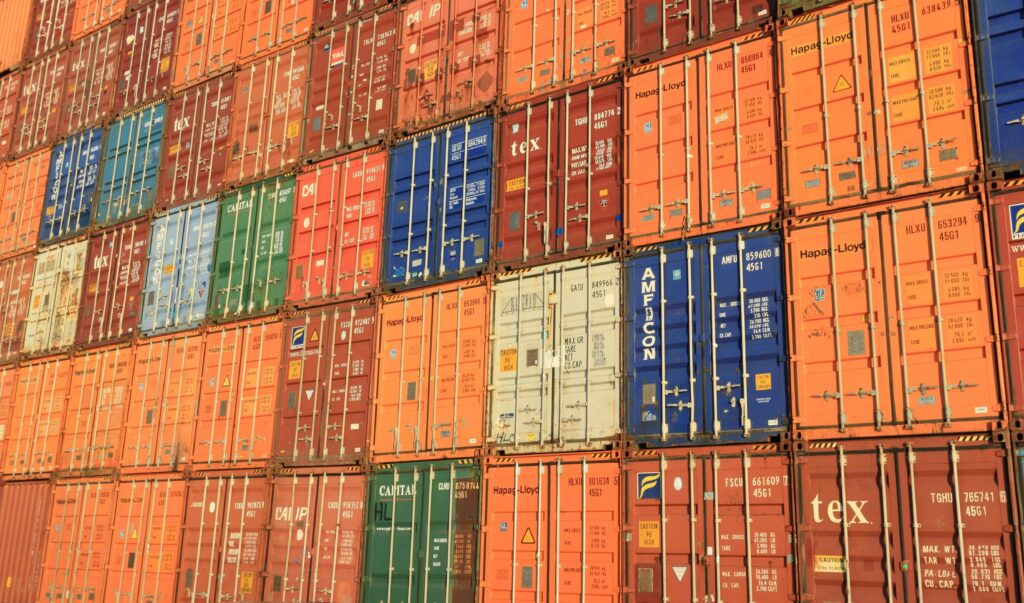How did globalization cause the rise of empires? The process of globalization is described frequently regarding the current moment; however, its beginnings can be dated back to antiquity. Over centuries, globalization has played a major role as factors which led to emergence and further growth of empires. This article examines ways through which globalization has provided conditions for emergence of powerful imperialist states.
The trade relations and contact from ancient and history Egyptian, Mesopotamian, and Indus Valley empires into globalization can be traced back to dawn. The process of barter trade, exchange of ideas, instance of knowledge trade and exchange of merchants in course of running international relations set the foundation for globalization.
How did globalization cause the rise of empires?
The Mediterranean civilization of the Romans is a classic of early imperialistic globalization. The formation of new partnerships, economic treaties, and wars of Rome’s expansion only increased the amount of time that could be said to have been contained within a designated ‘city’ would take up. This is along the same line where via road networks the empire facilitated forms of integration among its territories for the purposes of trade and communication and for globalization of sorts.
The Expansion of Empires and Globalization:
Globalization didn’t only create empires and imperialism but also contributed to the steps taken towards imperialization. They were empires that had bought their way into control of key strategic economic nodes and resources whose globalization was firmly grasped and expanded upon their line of command over other areas. For instance, Mongol Empire under Genghis Khan, spread quickly in the 13th century due to high standard communication system coupled with very effective trade channels.

Globalization brought European empires, or the time of imperialism, or time of exploration of new world. Yet countries like Portugal, Spain, France, and England had colonies in the Americas, Africa, and Asia from which they had to travel to get the resources–metals, spices, etc. They served as links in the chain of the overseas colonies, which tied Europe with the rest of the inhabited glob.
Technological development and its expansion on the global level:
Some of main historical trends showed technological developments were important in the growth of empires because of the influence of globalization. Discovery of and use of compass, sextant and related commodities used in navigation, and the discovery of and use of ships are some of the measures that lead to greater distances. Now these inventions allowed people to trade and to explore the globe and let the European countries establish their colonies all over the globe.
As with the continuous invention of the better weapons and gears of gunpowder as well as firearms that enabled empires to carry on pushing their military might in the installments more areas. Described above are technologies which enabled to govern huge territories, which killed and suppressed conquered peoples: such empires were fearsome, powerful ones.
Culture and Power or Culture and Conquest:
It is a historical fact that people of the world have always been connected, which is why globalization has been instrumental in spurring on the rise of empires. It discusses this integrating process — trade, conquest, migration — by which empires incorporate ideas, religions, and customs. This has invariably caused formulation of new cultural mix, based on art, architecture, and even food from the two or more civilizations.

Poly-ethnic society is characterized by the examples such as the Roman Empire, which had incorporated the many cultures and traditions of many of the regions it conquered into itself. In the same as manner, the Mughal Empire in India was a combination of Islamic and Hindu culture due to contact initiated between different religious and ethnic groups in the Mughal Empire.
Empires and Economic and Political Integration:
Process of integration of the empires involved in the economic and political landmark. Through interdependence of territories the empires were therefore able to establish all the territories that were part of the empire benefited from trade and resource sharing. Throughout history this integration very often culminated in the creation of a unified currency system, a unified system of weights and measures, and a unified central administration, which have only added to the power of empires.
Taxes and tribute also came in the form of bureaucracy, an important form of taxation and tribute to the requisite funds to maintain and fund empires. Nevertheless, empires strategically benefited from these economic and political structures for the first half of the period, always drawing stability and cohesion from them, but at the same time using these structures as mechanisms for regulating empires’ domain.
The Impact of Globalization on Empires: A Case Study:
The British Empire is a good example of analyzing how globalization played out in the altered development of an empire. Geographical interactions such as trade and commerce made Britain to form colonies and protectorate in many parts of the word in 18th and 19th centuries. The British Empires had a huge trade network, and the empire directly controlled vitals productive essences like cotton and tea.
Secondly, infrastructure (railways and telegraphs, communication) was considered as developed for the British Empire. Such infrastructures or overtures as put in place tended to support the movements of goods, people and ideas – a heuristic that helped to globalize and bolster the empire’s economic and political muscle.

Conclusion:
Therefore, globalization has a big impact on the growth of empires based on the historical records compiled in this paper. Empires of the ancient world to that of very recent history have seized the opportunities opened up by globalization processes to incorporate subject populations and territories in to their domains. You can contact us here.
However, the phenomenon of globalization has made it much easier to trade in products, in information and in knowledge, as well as to integrate the economic and the political systems. Besides the geographical aspects which constituted the main factors of imperialism, it had recourse to technological innovation as well as reciprocal interchanges between the culture to upset the imperialistic means of the extension of empire and bearing a territory.
GLOBALIZATION is probably one of the most popular phenomena that are widely discussed around the world today with most people knowing what it means without necessarily having any background of its history and rise of some of the powers in the world today. By trying to understand the linkages between globalization and empire building, one is able to unravel other valuable concepts which determine society and hence the entire human civilization in the present-day world and as the world is shaped in the future.


